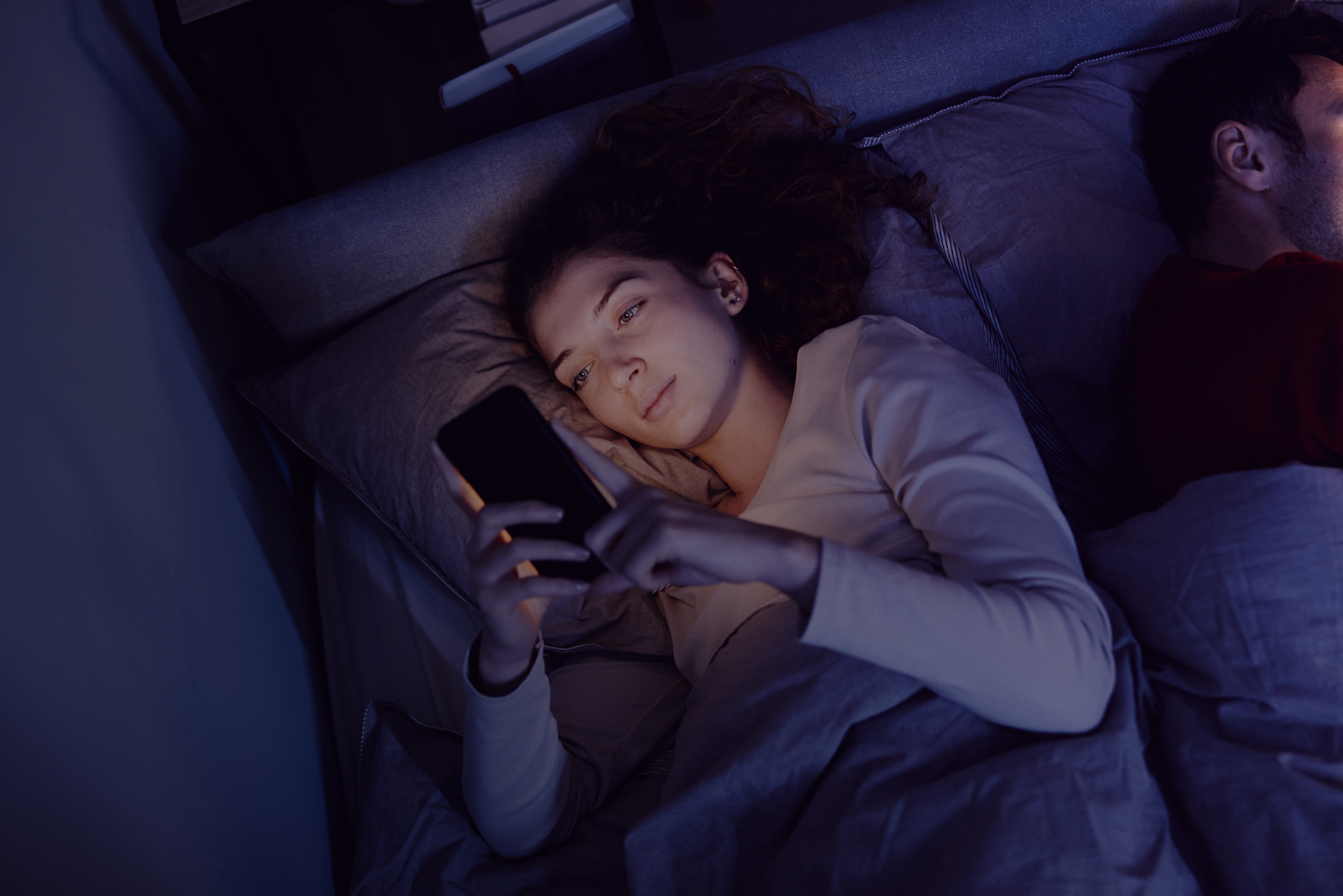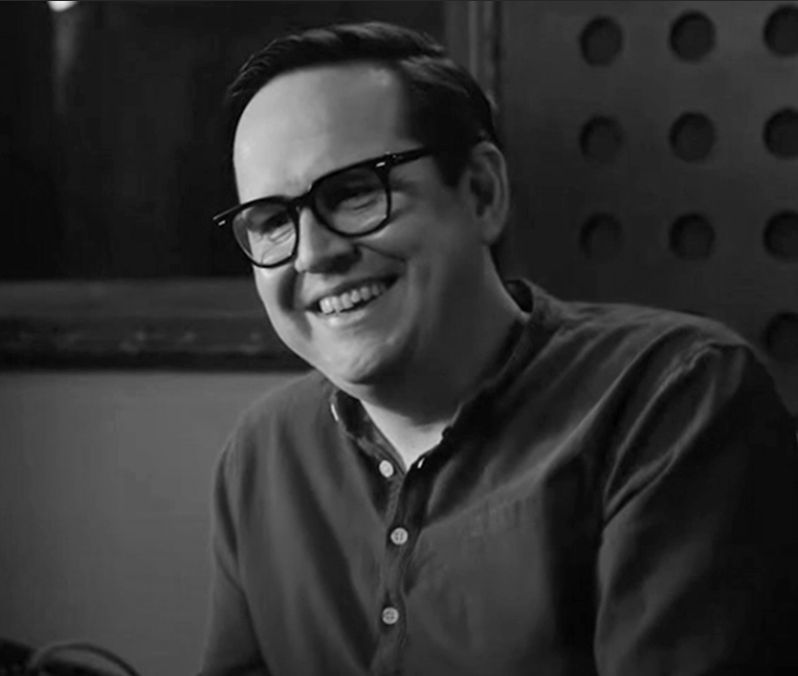Sleep tracking is supposed to help you, right? You get the data, you learn from it, you make improvements. But it’s not always that easy. For some people, it does the opposite. The more they track, the worse they sleep. The more they know, the more anxious they get.
There’s even a name for it: orthosomnia – when people become so focused on achieving perfect sleep scores that it starts ruining their rest.
At Leep, we’ve seen this happen. And we don’t think other health, fitness and wellness brands talk about it enough. But it’s a key part of the sleep conversation – and we’re determined not to feed the cycle. Because sleep should make your life better, not more stressed.
The best kind of sleep is the kind you don’t think about
Sleep, like breathing, should run quietly in the background. You only really notice it when something feels off.
But for many people, sleep has become a puzzle to solve – with graphs, scores and endless optimisation. More tracking. Less resting. As you can imagine, that’s not helping. So how do we improve sleep without turning it into a full-time job?
Researchers still don’t fully understand the exact causes of orthosomnia. And honestly, the last thing we need is another label to obsess over. Like most things, it’s probably a mix – mindset, personal history, biology, and more.
There’s no quick fix for sleep anxiety. But at Leep, we believe there’s a better way to approach it – one that’s gentler, less pressurised and grounded in the fundamentals of healthy sleep.
You don’t need to achieve a perfect 8
Letting go of the idea that there’s a “right” way to sleep is a good place to start. You don’t need a perfect 8 hours every night. You need the rhythm that restores you.
Start by reframing what good sleep actually means. It’s not about chasing a number, it’s about how you feel. Some people thrive on seven hours. Others need nine. Your goal is to find your sweet spot, not hit an arbitrary target.
That can be tricky to figure out and that’s where tracking can be useful. Not to aim for perfection, but to reconnect with what your body’s already telling you.
Try this: Keep a short “how I feel” journal for just 3 to 5 days. Write one line each morning answering this question: How do I feel? Did I wake up feeling rested or foggy? Then compare that with your sleep data (if you use an app). It’s a simple way to re-centre your awareness on how you actually feel – not just what the numbers say.
Want better sleep? Start small.Really small
A lot of health advice these days sounds like this: Measure everything. Control everything. Optimise everything. But when it comes to sleep, most people still feel exhausted.
Here’s a gentler idea: Pick one small habit. Stick with it. See what changes. That’s how we do things at Leep – and here are a few low-pressure habits to try:
● Stick to a consistent sleep and wake time (yes, even on weekends)
Your circadian rhythm loves predictability. A regular schedule is one of the most effective ways to reduce sleep anxiety.
● Don’t ‘try’ to sleep
The harder you push, the more elusive it becomes. Shift your focus to resting instead. Read. Breathe. Gently remind yourself: If I can’t sleep, I’ll just rest.
● Create a ‘no-sleep-content’ zone
If scrolling sleep hacks before bed makes you spiral, stop. Set a boundary between rest and advice.
● Control the light
Bright evening light delays melatonin. Try warm, dim lighting after 9pm. In the morning, get outside light within 30 minutes of waking to reset your rhythm.
● Let go of perfection
One bad night doesn’t mean anything is broken. Sleep is self-correcting. You don’t need to fix yourself – just support your system.
You don’t need to fix everything overnight
We’re often told to adapt fast, learn fast, push harder. But real adaptation – the kind that helps you actually thrive through change – starts with the basics. The things we often overlook.
Like sleep. The thing that helps your brain consolidate new learning, recover from stress, process everything that happened during your day. When sleep is solid, everything else gets easier. And sometimes, the most powerful thing you can do to sleep better is to care a little less about sleeping better.
Let go of the pressure. Trust your body. Let rest do what it does best.
How to work with sleep anxiety, not against it
● Ditch the “perfect score” mindset
● Keep bedtime and wake time consistent
● Avoid obsessing over data – trust how you feel
● Focus on rest, not performance
● Make your wind-down gentle, not rigid
● Choose one small habit at a time
● Let go of perfection – your body knows how to recalibrate
You don’t need to think about sleep every day. You just need to feel like it’s working – quietly, gently, in the background.
That’s what Leep is here for.


